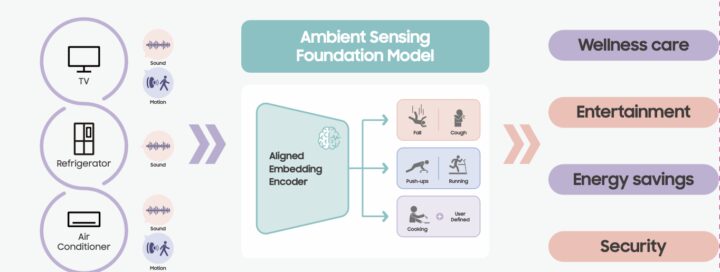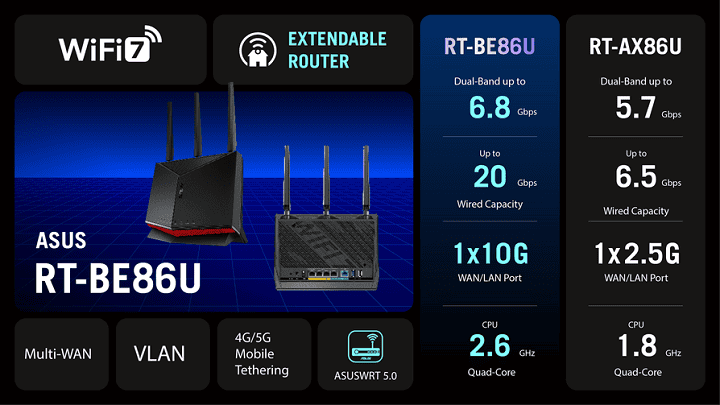Artificial Intelligence of Things (AIoT) has gained significant popularity due to its wide-ranging applications. A recent study by researchers from Incheon National University introduces a new AIoT framework, MSF-Net, designed for accurately identifying human activities using WiFi signals. This framework integrates various signal processing techniques with a deep learning architecture to address challenges such as environmental interference and enhance recognition accuracy.
AIoT, which merges benefits from both Artificial Intelligence and Internet of Things technologies, differs from traditional IoT setups by enabling devices to collect and process data locally and in real-time. This capability allows for informed decision-making and has led to the expansion of AIoT applications in intelligent manufacturing, smart home security, and healthcare monitoring.
In smart home settings, accurate human activity recognition is crucial, as it allows devices to automatically adjust settings like lighting and music based on activities such as cooking or exercising. This improves user experience and conserves energy. We’ve talked about Wi-Fi based human presence detection before and Zigbee based human presence detection that use the radio waves transmitted from these devices to detect if a human is present or not. So, while this isn’t a new feature, it is great to see the technology growing and being adopted by more IoT devices.
The research team, led by Professor Gwanggil Jeon from the College of Information Technology at Incheon National University, developed the MSF-Net framework specifically for WiFi-based human activity recognition. The study was published online on May 13, 2024, and later appeared in the IEEE Internet of Things Journal on December 15, 2024. Professor Jeon emphasized that WiFi-based recognition often suffers from unstable performance due to environmental factors, which the MSF-Net framework aims to address.
Experiments conducted to assess the framework’s performance demonstrated that MSF-Net achieves super high accuracy across various tests. These results indicate that MSF-Net outperforms current techniques for WiFi-based activity recognition, both coarse and fine.
The study suggests that the multimodal frequency fusion technique introduced by MSF-Net significantly improves accuracy and has potential applications in various fields, including smart homes, rehabilitation medicine, and elderly care. For example, it can help prevent falls by analyzing users’ movements and contribute to remote health monitoring systems.
For further details, check out the published study here.



